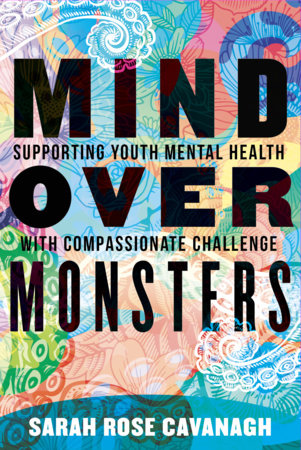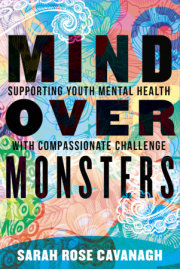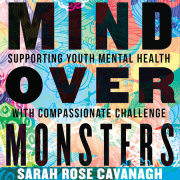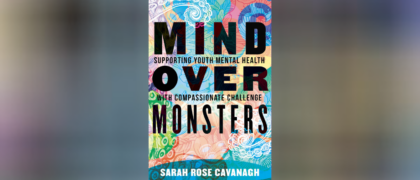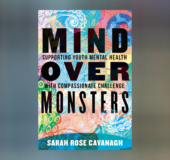PREFACE
Monster Night
PART ONE: CRISIS, COMPASSION, CHALLENGE
CHAPTER ONE
Crisis and Complexities
CHAPTER TWO
Our Youth Need Compassionate Challenge
PART TWO: BODIES
CHAPTER 3
Infused with Eros—Embodied Mental Health
CHAPTER 4
Unruly Bodies in an Unpredictable World
PART THREE: BELIEFS
CHAPTER FIVE
Seeking Oneself—Energy and Value
CHAPTER SIX
Determining Oneself—Direction and Expectancy
PART FOUR: BEHAVIORS
CHAPTER SEVEN
Arousal, Action, and Uncertainty
CHAPTER EIGHT
Play and Improvisational Learning
CONCLUSION
The Monster at the End of This Book
Acknowledgments
Notes
Index

